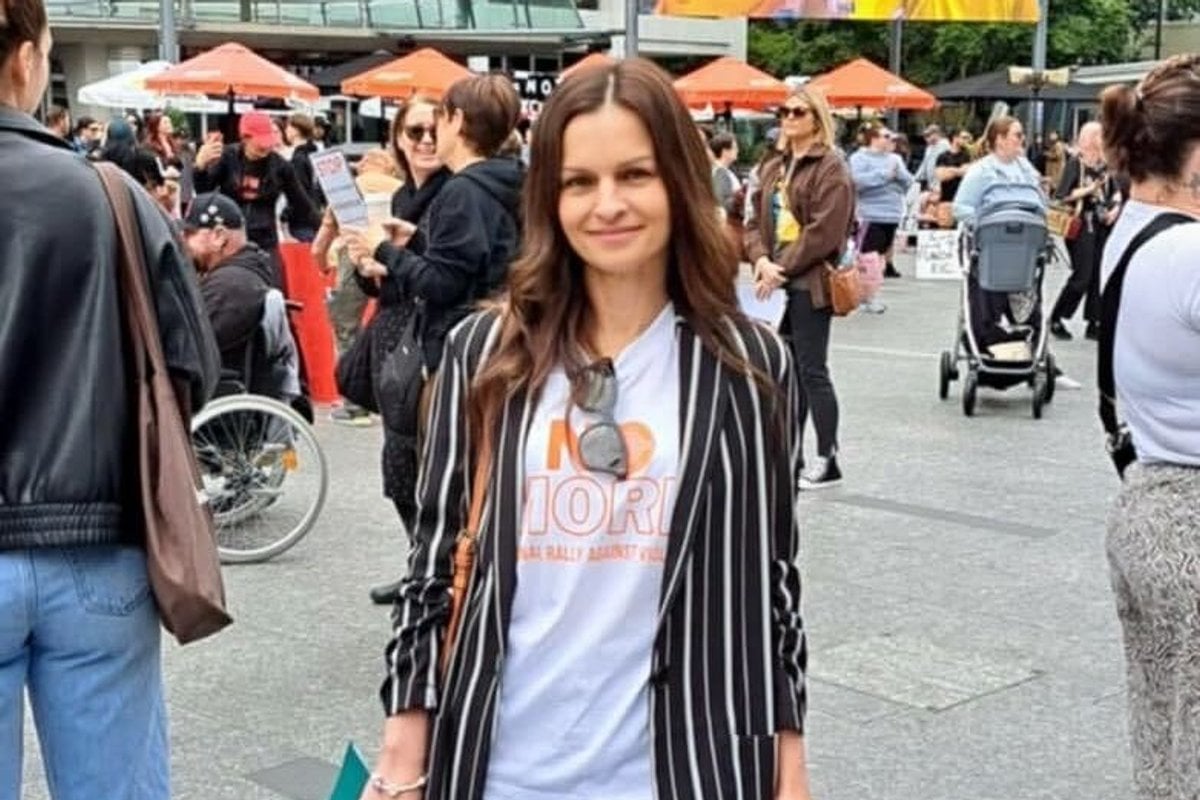
Content warning: This story discusses domestic violence.
It's been three months since Australia last gathered together to march against gendered violence. To march against women being murdered and controlled and hurt and humiliated — most often by men they know and love. But almost always by men.
April's rally, organised by Indigenous-led advocacy organisation, What Where You Wearing (WWYW), was attended by 100,000 people nationwide, sparking a national cabinet meeting and the government's acknowledgment that we are experiencing a national emergency.
But despite our collective noise — when it comes to the men who have the power to generate change, our demands — our pleas, are falling on deaf ears.
Watch: Prime Minister Anthony Albanese continues to talk as WWYW founder, Sarah Williams, becomes emotionally distressed. Article continues below.
Since that rally, just three months ago, a further 21 women have been murdered as a result of male violence. Many of those by a current or former intimate partner.
Then there were the children. Two-year-old Rowan was allegedly murdered by his father during an unsupervised visit — a final and permanent punishment to Rowan's mother, Dr Sophie Roome.

